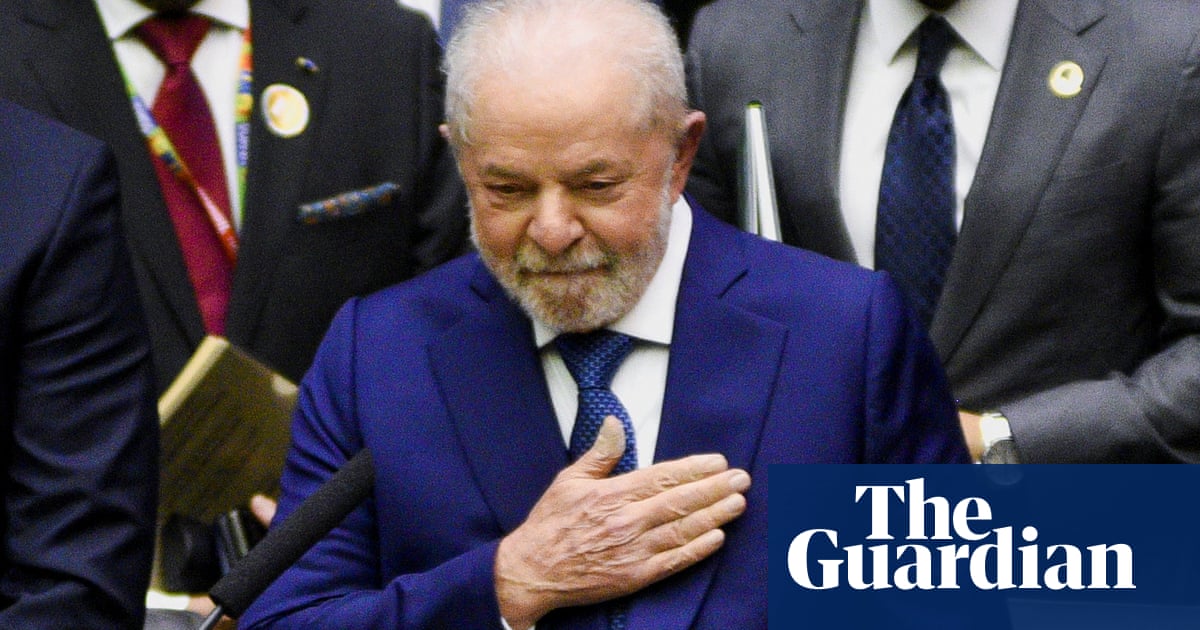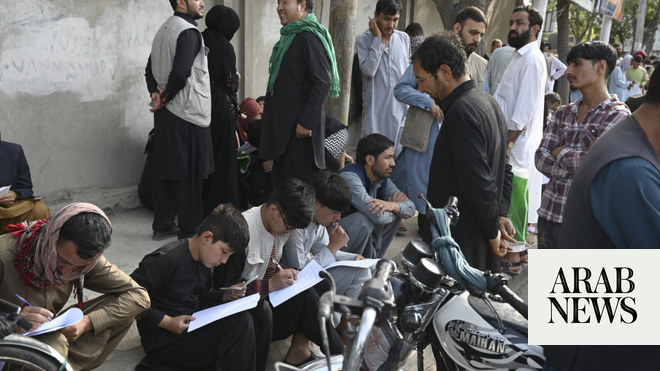
Row over 2014 deadly blast at Czech ammunitions depot
Russian suspects also accused of 2018 poisoning
MOSCOW/PRAGUE: The Czech Republic on Thursday ordered Russia to remove most of its remaining diplomatic staff from Prague in an escalation of the worst dispute between the two countries in decades.
The spy row flared on Saturday when Prague expelled 18 Russian staff, whom it identified as intelligence officers.
It said two Russian spies accused of a nerve agent poisoning in Britain in 2018 were also behind an explosion at a Czech ammunition depot in 2014 that killed two people.
Russia has denied the Czech accusations and on Sunday ordered out 20 Czech staff in retaliation.
Thursday’s decision, announced by Foreign Minister Jakub Kulhanek, requires Russia to have the same number of envoys as the Czech Republic has in Moscow. That means Russia will have to withdraw 63 diplomats and other staff from Prague, although Prague gave it until the end of May to do so.
Together with the initial step, this will greatly reduce what has been by far the biggest foreign mission to Prague and much larger than the Czech representation in Moscow.
“We will put a ceiling on the number of diplomats at the Russian embassy in Prague at the current level of our embassy in Moscow,” Kulhanek said.
“I do not want to needlessly escalate...but the Czech Republic is a self-confident country and will act as such. This is not aimed against Russians or the Russian nation, but a reaction to activities of Russian secret services on our territory.”
Russia’s Foreign Ministry in reaction demanded a reduction in the embassy’s staffing level, alluding to disparity in numbers of local employees.
“The (Czech) ambassador was told that we reserve the right to take other steps in the event the hysterical anti-Russian campaign spirals further,” Russian Foreign Ministry spokeswoman Maria Zakharova said in a statement.
At a time of acute tension in Russia’s relations with the West, the dispute has prompted NATO and the European Union to throw their support behind the Czech Republic, which is a member of both blocs.
“Allies express deep concern over the destabilising actions Russia continues to carry out across the Euro-Atlantic area, including on alliance territory, and stand in full solidarity with the Czech Republic,” NATO’s 30 allies said in a statement.
Slovakia expelled three Russian envoys on Thursday in solidarity with the Czech Republic. The Russian response to that step was not immediately clear.
In the last week, Moscow has also kicked out diplomats from Bulgaria, Poland and the United States in retaliation for expulsions of its own staff.
Kremlin spokesman Dmitry Peskov said Moscow took a negative view of Prague’s “hysteria.”
President Vladimir Putin warned foreign powers in his state of the nation speech on Wednesday not to cross Russia’s “red lines,” saying Moscow would make them regret it.
Embassy paralyzed
The Czechs say the loss of the 20 staff has effectively paralyzed the functioning of their Moscow embassy.
The Russian embassy’s size in Prague is an overhang from the pre-1989 communist era, and had been about double the US Embassy until this week.
Kulhanek said on Czech Television that Russia told the Czech envoy on Thursday there now would be “strict parity.”
He said that meant each country would have 7 diplomats and 25 others at respective embassies, which is the current level of Czech staff in Moscow.
He said the Czech side was considering how to proceed further after the Russian demand to cut the number of local employees.
The ministry said on Wednesday Russia had 27 diplomats and 67 other staff in Prague after the previous expulsions.
The Czech counterintelligence service has repeatedly said that the mission served as a base for intelligence work and its size made it difficult to reduce these activities.
The two suspects named by Prague in connection with the 2014 ammunition depot explosion, known under the aliases Ruslan Boshirov and Alexander Petrov, are reportedly part of the elite Unit 29155 of Russia’s GRU military intelligence service.
Britain charged them in absentia with attempted murder after the poisoning of former Russian spy Sergei Skripal and his daughter with the nerve agent Novichok in the English city of Salisbury in 2018.
The Skripals survived, but a member of the public died. The Kremlin denied involvement in the incident.












